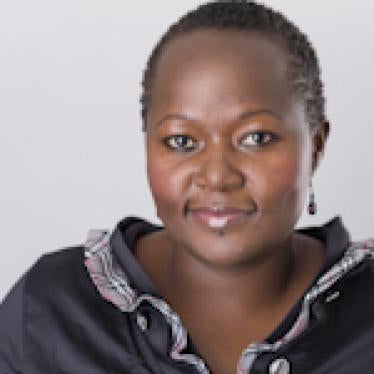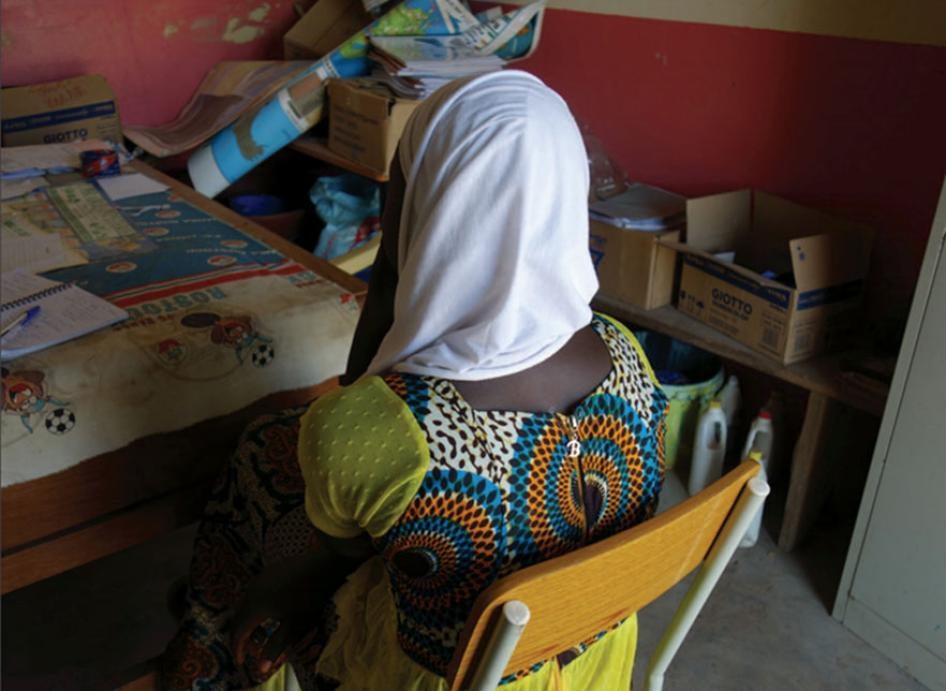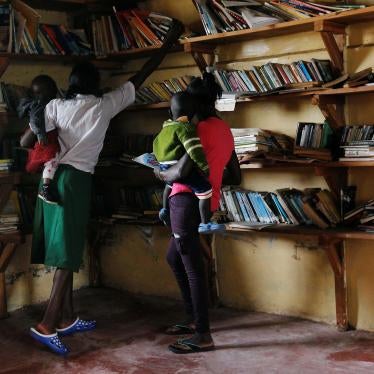“Ruhiyyeh” (not her real name), from Senegal, was 17 when Human Rights Watch spoke to her in 2017 about her experience of continuing schooling while pregnant. She became pregnant while finishing lower secondary school. “Ruhiyyeh” was lucky. The school’s principal and a teacher encouraged her to return to school after delivery and supported her to care for her child and stay in school. But most adolescent mothers are not so fortunate.
Tomorrow, the African continent marks 30 years since the adoption of the African Charter on the Rights and Welfare of the Child. This is an important moment to recommit to ending discrimination and exclusion of pregnant girls and adolescent mothers from schools.
Across Africa each year, tens of thousands of adolescent girls drop out of school or suffer discrimination or exclusion from schools , because they are pregnant or have become mothers. Reports show that hundreds of thousands of girls became pregnant during the Covid-19 pandemic as schools were closed, sexual violence within communities surged and protective systems for girls were lacking.
Roughly half of African governments have adopted laws and policies that protect adolescent girls’ right to stay in school during pregnancy and motherhood. Senegal, where “Ruhiyyeh,” lives, is one of them.
But others penalize girls instead of supporting them. Tanzania expels pregnant girls from public schools as a matter of policy. Some governments still encourage abusive practices such as forced pregnancy checks.
In other countries, policies are unclear. Even where laws and policies exist, the level of protection and their implementation vary.
Schools and government officials would benefit from clear rules and guidance on how best to support pregnant students, many of whom often experience financial and social barriers, to continue their education. An effective approach should combine prevention of teenage pregnancies, including through access to comprehensive sexuality education.
The African Union should develop and promote a framework, informed by international human rights standards and good practices from the region, that provides guidance to governments on how to support the education of adolescent mothers and pregnant girls to complete primary and secondary school. Protecting pregnant and parenting students’ education is consistent with African values, and key to Africa’s development.










